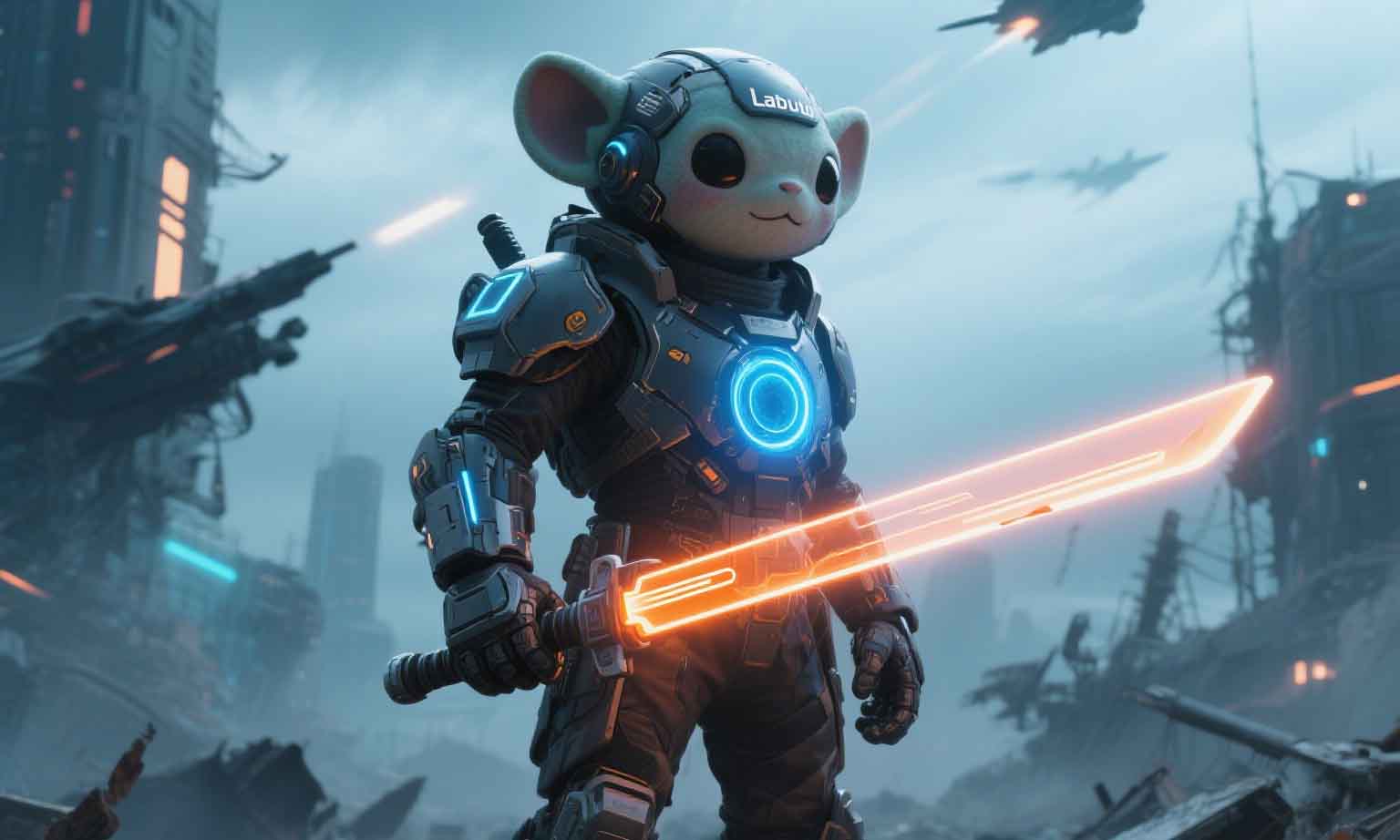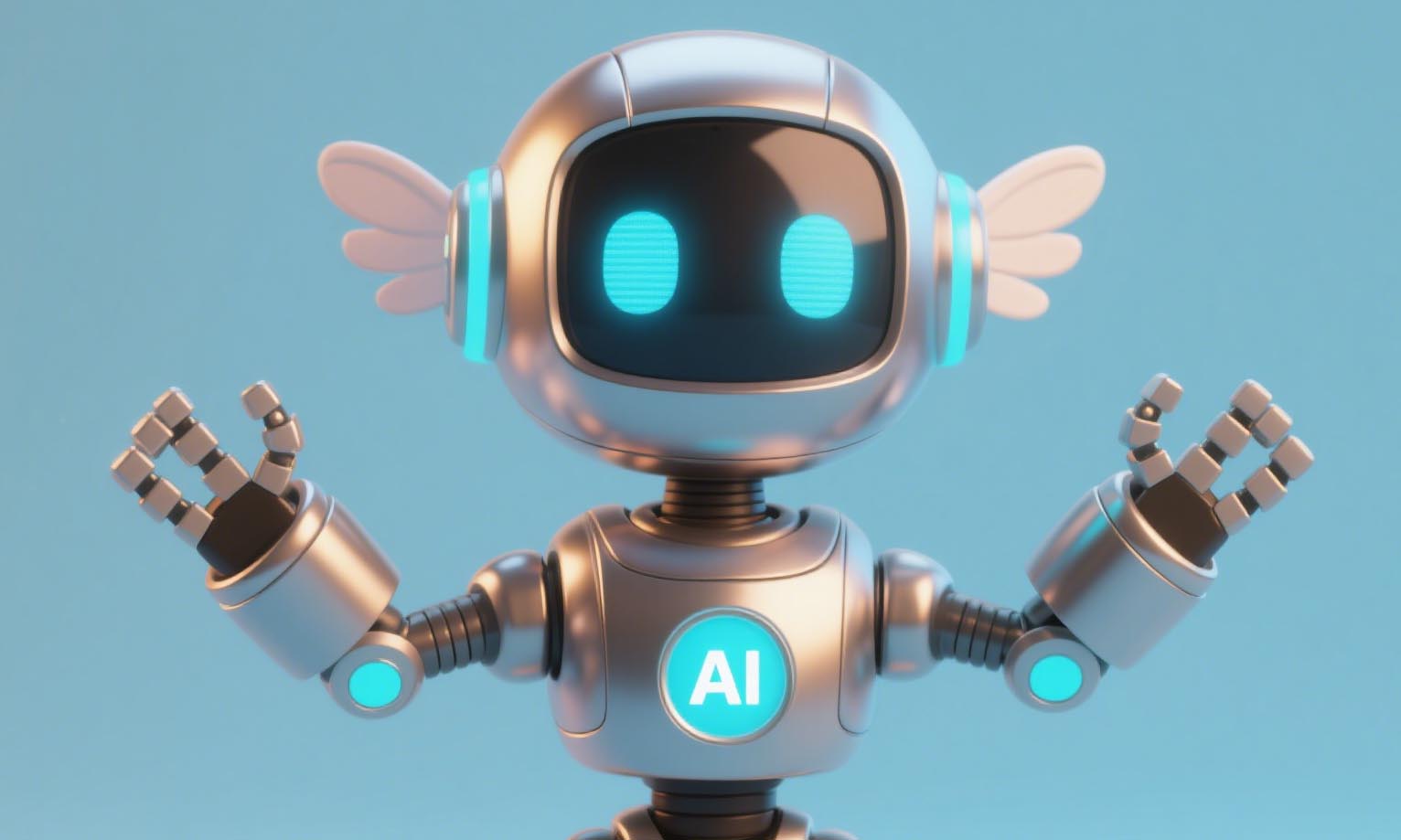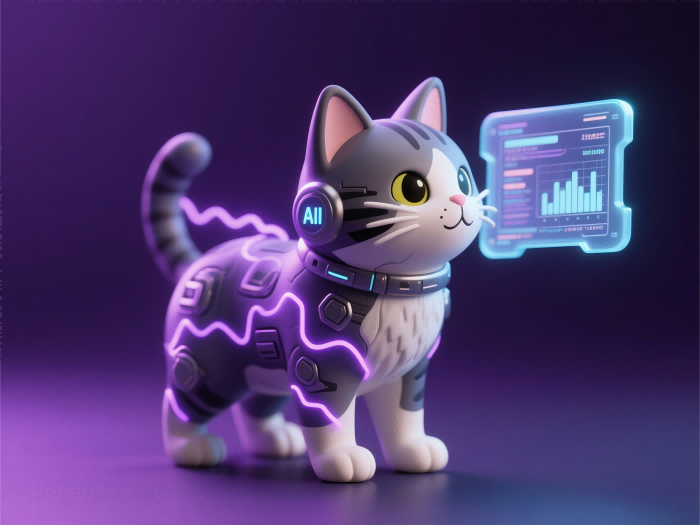AI Toys: Pioneering a New Era of Play and Growth
赵开心不开心 2025-06-16
In the contemporary landscape where technology seamlessly intertwines with daily life, artificial intelligence (AI) has sparked a revolution within the toy industry.
AI Toys: Pioneering a New Era of Play and Growth
In the contemporary landscape where technology seamlessly intertwines with daily life, artificial intelligence (AI) has sparked a revolution within the toy industry. AI toys are no longer mere playthings; they have evolved into powerful tools that are reshaping the dynamics of play, learning, and personal development across different age groups.
AI toys are making a profound impact on family interactions. For instance, shared - experience AI board games are emerging as a popular choice for families. These games utilize AI algorithms to adjust the gameplay based on the skills and strategies of each player, ensuring that both children and adults can engage in an exciting and competitive environment. As families gather around the table to play, the AI - enhanced board games prompt conversations, encourage strategic thinking, and foster a sense of teamwork, effectively bridging the generation gap and creating lasting memories. Moreover, AI - enabled storytelling toys are redefining bedtime routines. These toys can not only tell captivating stories but also interact with children and parents, asking questions and inviting them to contribute to the narrative, thus enhancing family bonding during these intimate moments.
In the field of special education, AI toys are proving to be invaluable allies. For children with autism spectrum disorder (ASD), social - interaction - focused AI toys offer a safe and controlled environment to practice social skills. These toys are designed to recognize and respond to non - verbal cues, such as eye contact and body gestures, and provide gentle guidance and positive reinforcement. By engaging with these AI companions, children with ASD can gradually build confidence in social interactions, improving their communication and emotional understanding. Additionally, for children with learning disabilities, AI - powered educational toys can adapt teaching methods in real - time. If a child is struggling with a particular math concept, the toy can detect the difficulty level and present alternative explanations, examples, and exercises tailored to the child's learning pace and style, making education more accessible and inclusive.
The technological capabilities of AI toys are constantly expanding. Some AI toys now incorporate blockchain technology to ensure data security and ownership. In the case of collectible AI toys, blockchain enables unique digital identities for each toy, allowing owners to authenticate their items, trade them securely in the digital marketplace, and even participate in exclusive communities. Furthermore, the integration of 5G technology with AI toys is facilitating faster and more stable connections, enabling seamless remote interactions. For example, parents who are away from home can still engage in playtime with their children through an AI - controlled toy, where they can remotely control the toy's actions, join in games, and have real - time conversations, reducing the physical distance between them.
Despite the numerous benefits, the widespread adoption of AI toys also raises some issues. The high cost of advanced AI toys can pose a barrier for many families, limiting the accessibility of these potentially transformative tools. Moreover, as AI toys collect more data on children's behaviors, preferences, and development, concerns regarding data security and privacy are growing. It is essential for the industry to establish strict regulations and ethical standards to protect children's information and ensure that the data is used responsibly, solely for enhancing the toy's functionality and the user experience.
Looking to the horizon, the future of AI toys holds even more promise. We can expect to see the development of AI toys that can adapt to different cultural backgrounds, teaching children about diverse traditions, languages, and values in an engaging way. There may also be a rise in AI - augmented reality (AR) toys that blend the physical and virtual worlds more seamlessly, creating immersive play experiences that are both educational and entertaining. Additionally, AI toys could play a greater role in early childhood development research, providing valuable insights into how children learn, interact, and grow through play.
In conclusion, AI toys are at the forefront of a new era in the toy industry, offering a plethora of opportunities for play, learning, and personal growth. While challenges exist, with continued innovation, responsible development, and proper regulation, AI toys have the potential to bring about positive and far - reaching changes, enriching the lives of children and families around the world.













